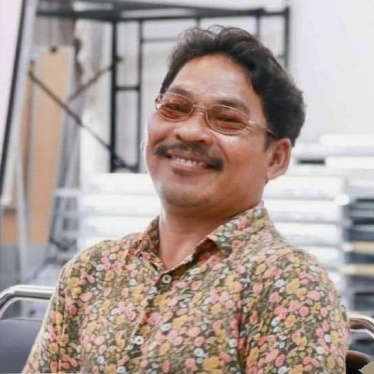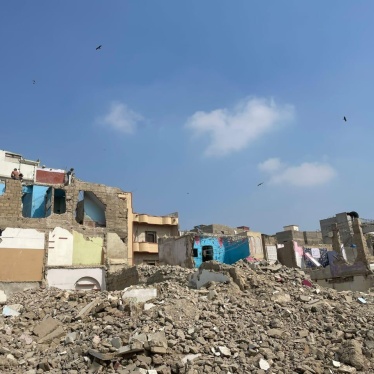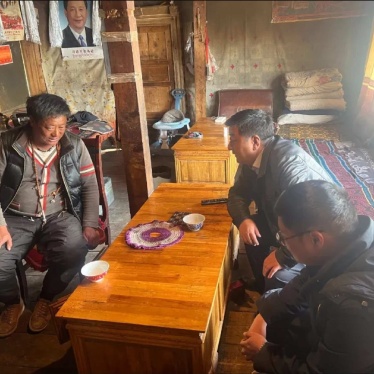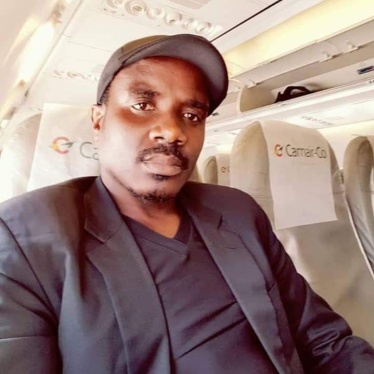By rejecting the country’s first female Supreme Court nominee on July 8, Afghanistan’s parliament denied itself the chance to make history. But this is not a moment for President Ashraf Ghani to back down on his campaign promise to name a woman to this apex court. He should nominate another woman for the job.
Anisa Rasouli, the head of a juvenile court whose nomination was opposed by some clerics, received 88 of the 94 votes she needed to get the simple majority of the quorum in the 250-member parliament. Parliament did, however, confirm a male Supreme Court nominee, Said Yusuf Haleem. The confirmation process showed that although parliamentary opposition to a female justice is real, it is not insurmountable. President Ghani has not said whether he intends to nominate another woman, but he should do so — and he should provide her with better support during the parliamentary confirmation process than he did Rasouli.
Afghan women’s rights activists have repeatedly asked Ghani to appoint a woman to the Supreme Court. Nominating another woman would not be an extraordinary step. More than half of the Afghan cabinet was not confirmed, requiring him to make second nominations, and Ghani is expected to offer a fourth candidate for defense minister.
Throughout Afghanistan’s 30 years of armed conflict, women have suffered immensely from the violence. They also were profoundly oppressed by the Taliban, who went to extreme lengths to isolate women from public life and restricted their access to health care, education, livelihoods and other basic rights.
By persevering with a second female Supreme Court justice nomination, Ghani would send the important message that Afghanistan’s Supreme Court should take responsibility for protecting the rights of all Afghans, including women. He would demonstrate that he keeps his promises on matters affecting human rights, and that his rhetoric on defending women’s rights is backed by action, not just words.
Ghani certainly does not lack qualified female candidates.
Female legal professionals in Afghanistan are real pioneers, but there are significant numbers of women in the legal profession, many of them as qualified as the members of the currently all-male Supreme Court. The Afghan Women Judges Association (AWJA) has hundreds of members and has been active since 2003, when the Supreme Court approved its charter. Many of these members have experience in various aspects of the law, from national security to business and family law and can make important contributions to all areas of the Supreme Court’s business. There is also a vibrant and growing community of female lawyers and law professors, practicing and teaching across all legal disciplines.
The international community has spent millions of dollars boosting the Afghan justice system. That support has helped train many of the women who have become lawyers and judges, supported legal efforts to tackle violence against women, and funded legal assistance for women. A woman on the Supreme Court would be a sign that, even if many challenges remain, all of this effort has achieved some meaningful change.
The Supreme Court is a crucial institution, responsible not only for interpreting and applying the law, but also for administering the courts, setting the judiciary’s budget, and training and supervising judges. In recent years, Afghanistan’s courts have suffered from serious problems. They are seen as corrupt and incompetent. They are also seen as having largely failed to take violence against women seriously. While in 2009 former president Hamid Karzai signed into law the landmark Elimination of Violence Against Women (EVAW) law, the judiciary continues not only to let abusers of women go free, but also to punish victims.
Women who flee abuse in the home, including domestic violence and forced or child marriage, are routinely arrested, tried, convicted, and imprisoned for “moral crimes,” even though running away from home is not a crime under Afghan law. The Supreme Court has in the past defended its practice of jailing these women. Afghanistan’s first female Supreme Court justice could play an invaluable role by ensuring women’s perspectives are included in Supreme Court discussions of these important issues.
Afghanistan’s parliament currently has 68 female MPs, 21 of whom were absent during the Rasouli vote. This has dismayed women’s rights advocates and those who fought for greater representation of women in parliament. Activists had hoped that a substantial block of women in parliament would be helpful in precisely this type of circumstance, and it could still happen. While female members come in all political stripes, those who were absent had not publicly opposed Rasouli’s appointment. All of them have reputations as supporters of women’s rights, yet so far none has explained her absence during this crucial vote. But President Ghani could work with this bloc to overcome the six-vote deficit Rasouli faced.
Now is the time for the president to show real commitment to putting a woman in the Supreme Court. Afghanistan’s international supporters, who have made women’s rights protection a pillar of their support for the country’s post-Taliban governments, should urge Ghani to keep his promise, and parliament to support him. For Ghani to do otherwise would squander a landmark opportunity to bring a long-silenced voice into the Afghan justice system.








